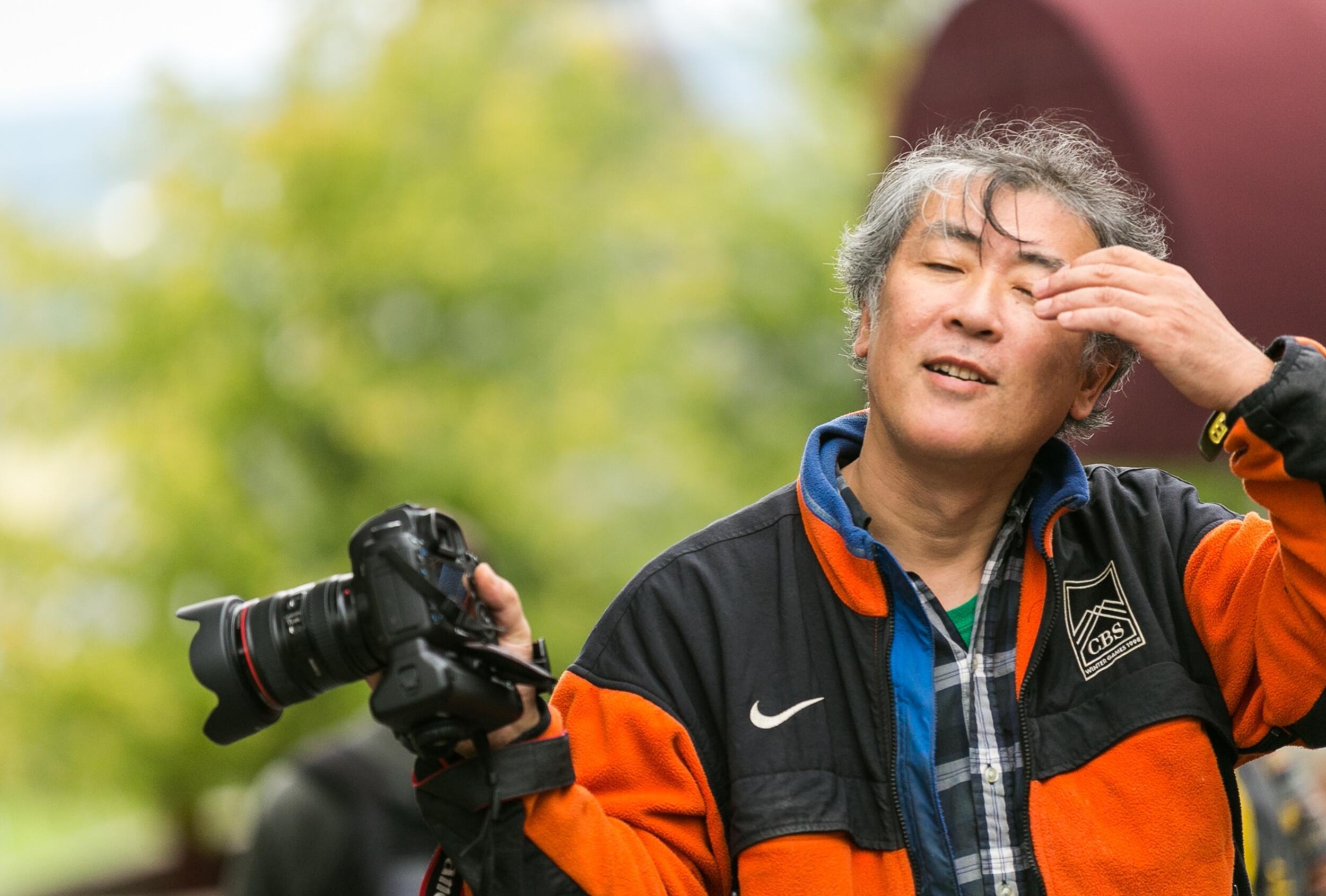Atsushi Tajima
Professor of Communication
Blake B 119
585-245-6327
tajima@geneseo.edu
Atsushi Tajima has been a member of the Geneseo faculty since 2007.

Office Hours
Curriculum Vitae
Education
Ph.D. in Journalism and Mass Communication, University of Wisconsin-Madison (2006)
M.A. in Journalism and Mass Communication, University of Wisconsin-Madison
B.A. in Journalism and Public Communication, University of Alaska Anchorage
A.S. (US equivalent) in Mechanical Engineering, Nagao National College of Technology, Japan
Affiliations
Association for Education in Journalism and Mass Communication
Eastern Communication Association
International Communication Association
National Communication Association
More About Me
Interests
mass communication
media effects
media and cultural studies
gender
race and ethnicity
research methods
Research and Teaching Interests
Dr. Tajima tries to understand how the media operate, produce cultural products, and shape ways audiences think about themselves and their world. He emphasizes the extent to which we learn about society, such as politics, ourselves, and how to behave the social norm from mass-mediated messages. He tries to answer those inquiries through critical theories of race, ethnicity, gender, social class, globalization, media production, and audience effect. While Dr. Tajima primarily teaches mass media, media effect, critical and cultural studies, and visual communication, he also encourages students to craft their own research; he has directed a total of 132 student research projects during 2011–24, all presented at professional conferences. Because of this research mentorship, he was the recipient of the 2013 Drs. Carol and Michael Harter Endowment for Faculty Mentoring Award.
His recent research appears in Journal of Magazines and New Media Research, Inter-Asia Cultural Studies, Newspaper Research Journal, Communication and Critical/Cultural Studies, Journal of Religion and Popular Culture, and Feminist Media Studies.
